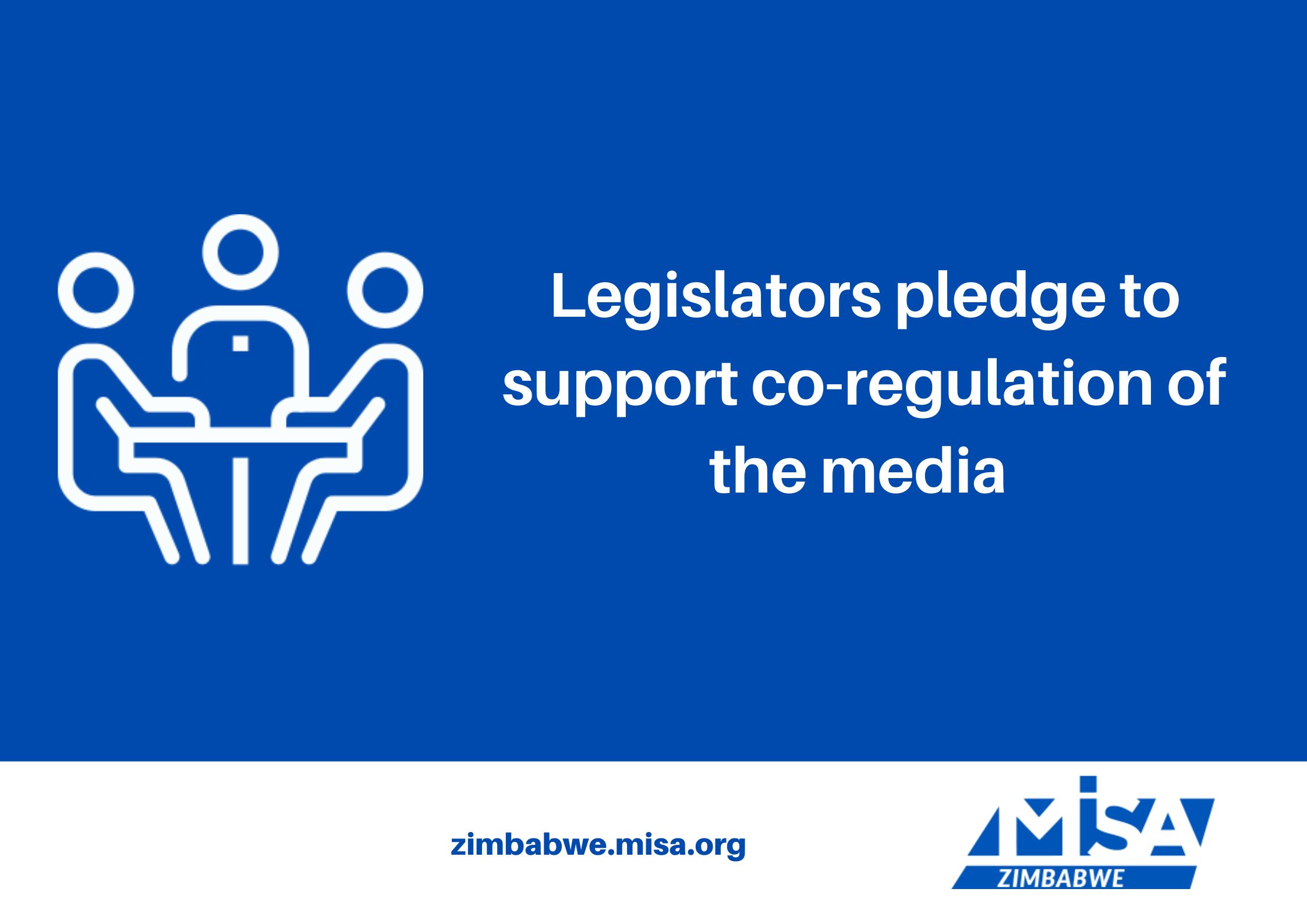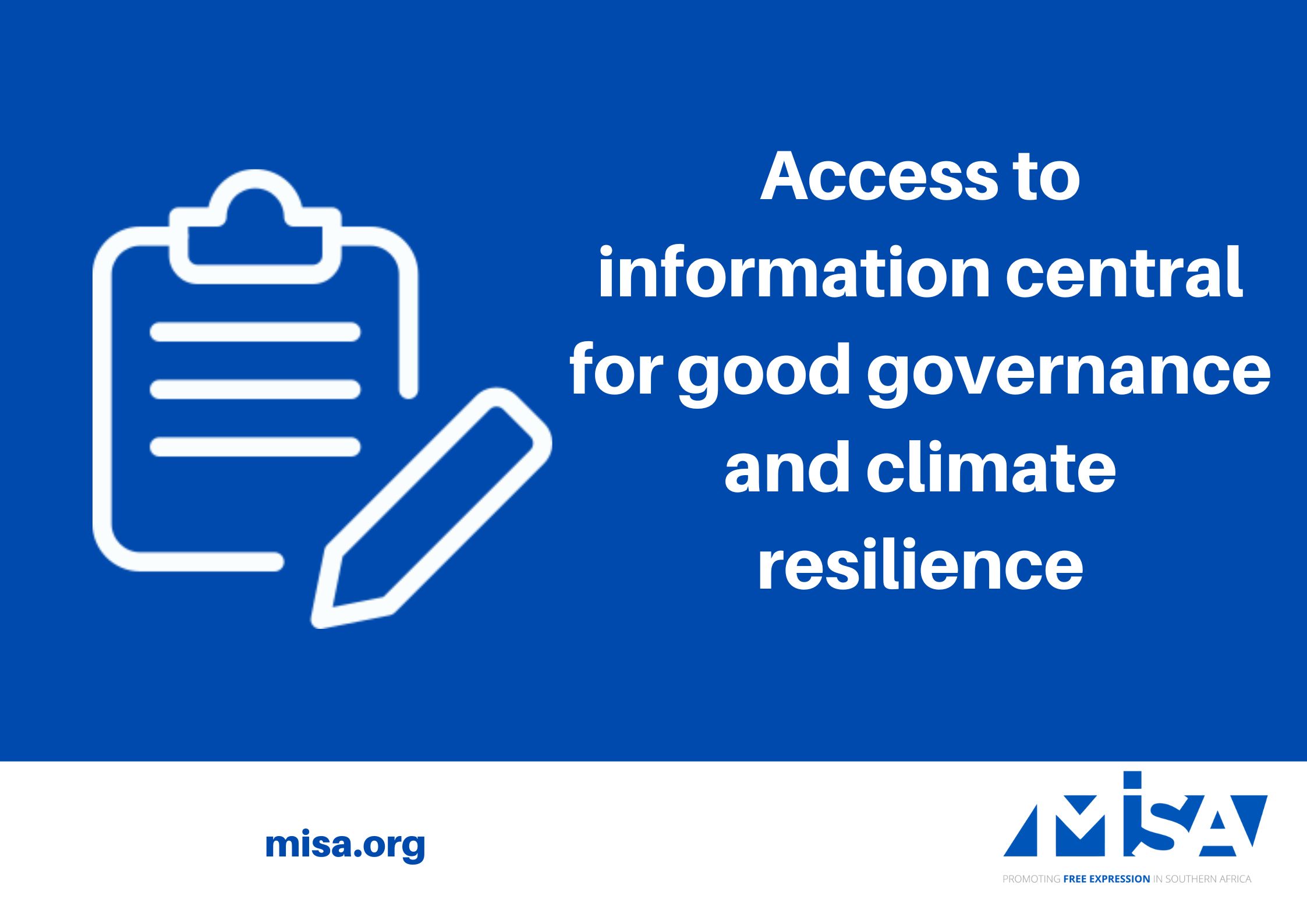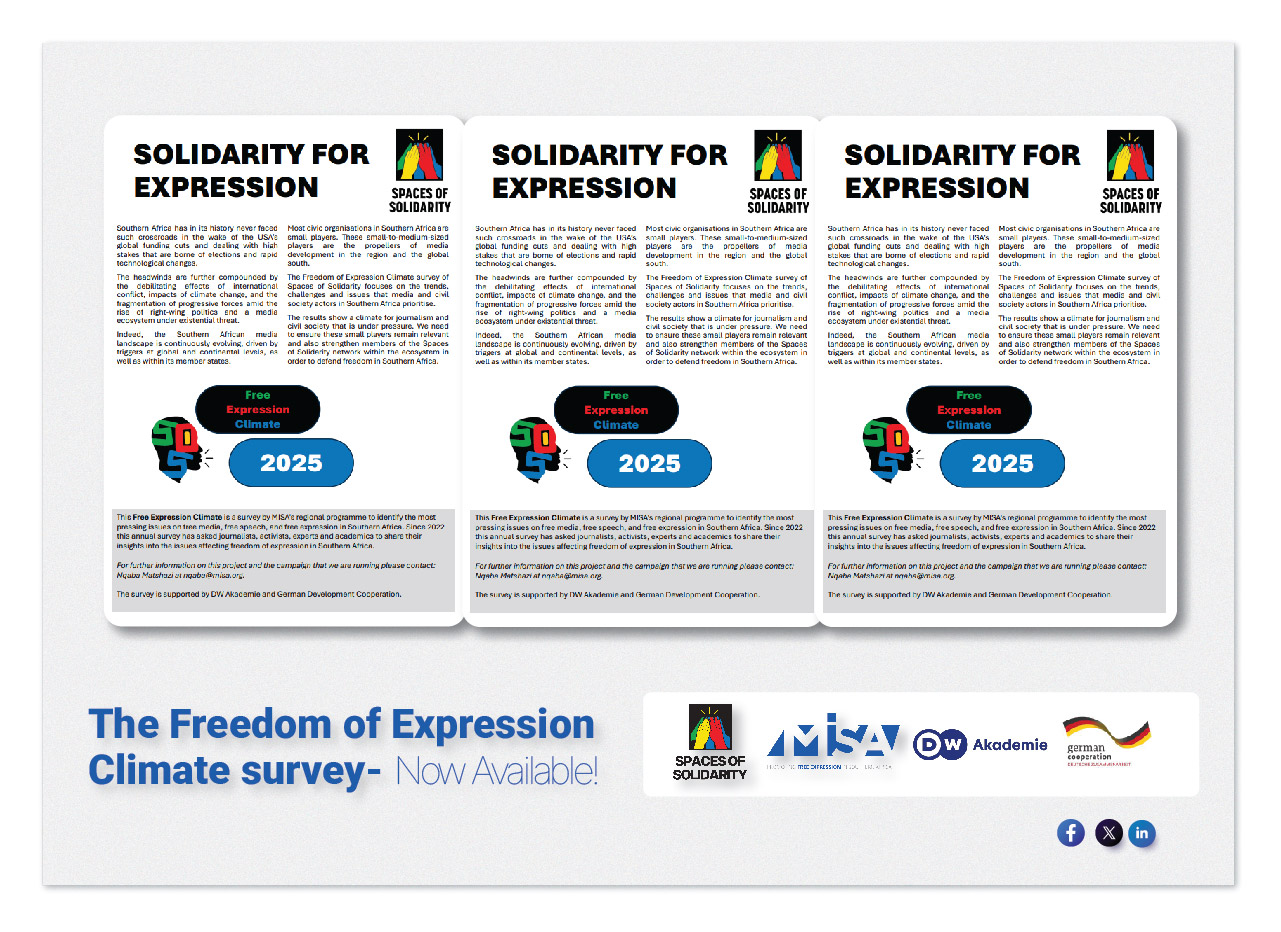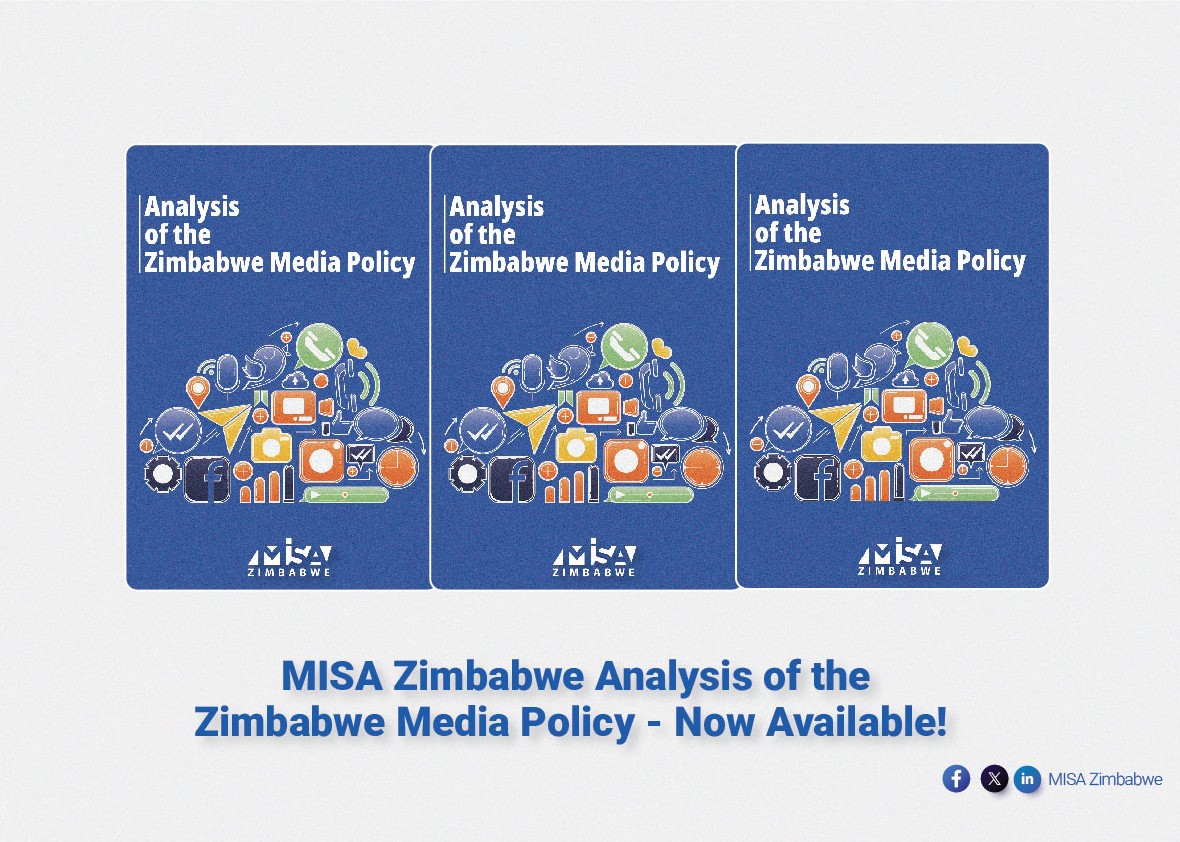Introduction
This report outlines deliberations of an engagement meeting among MISA Zimbabwe, The Media Alliance of Zimbabwe, the Telecommunications Operators Association, the Ministry of Information Communication Technologies (ICTs), Postal and Courier Services, the Parliamentary Portfolio Committee on ICT Postal and Courier Services and the Postal and Telecommunications Regulatory Authority of Zimbabwe (POTRAZ) to discuss the impact of the recently launched Telecommunications Traffic Monitoring System (TTMS) on citizens’ right to privacy and the cost implications on citizens.
The open discussion forum, which served as a platform for POTRAZ to give an overview of the workings of the traffic monitoring system, was held in Harare on 25 August 2022.
Background and Overview of the TTMS
The Zimbabwean government, through the Ministry of ICTs, gazetted Statutory Instrument 95 of 2021 to bring into effect the TTMS. The TTMS was launched in May 2022 and is now being used by POTRAZ, the sector’s regulator.
The TTMS is a measurement tool that enables POTRAZ to track the number of calls and minutes that mobile users utilise at any given point. In addition, the TTMS measures the amount of data that internet users utilise.
According to the Ministry of ICTs, the monitoring system was put in place as a statistical tool to enable the regulator to assess the usage of telecommunications and internet services such that decisions pertaining to the quality, costs and improvement measures can be enforced from an informed position.
It is a tool that will enable the regulator to measure the amount of inward and outward international calls and their quality. Ensuring the quality of international calls will also assist in the enforcement of Statutory Instrument 42 of 2016 – the Quality of Service Regulations. Moreover, the TTMS ensures that the regulator has full visibility of the entire telecommunications ecosystem and can independently verify data provided by service providers for revenue collection purposes.
Another key component of the TTMS is fraud detection to ensure all calls that take place in the country are using legal channels. Through this system, the regulator will be in a position to track the frequency and location of illegal call channels and, thus, rapidly respond to address and counter fraud in a timeous manner. The TTMS enables the regulator to conduct traffic refiling bypassing illegal gateways and ensures non-intrusive passing through tracking once there is a sim localisation.
The TTMS measures the quality of service on the local and international interconnection and assists in addressing congestion levels on local and international calls as well as the utilisation of the international circuits.
Tanzania, Uganda, Ghana, Rwanda, Senegal, Congo, Liberia, Guinea, Togo and Mali are some of the countries that use the TTMS.
Right to Privacy
A concern raised by MISA Zimbabwe and MAZ was how this tool could be used to snoop on citizens’ private conversations and the chilling effect on the Constitutionally guaranteed rights to privacy and other media freedoms such as the protection of journalistic sources. These are rights that are guaranteed under sections 57 and 61 of the constitution of Zimbabwe.
This was informed by the position that POTRAZ also houses the database for SIM Registration, while also being the Data Protection Authority. Further, it was also noted that through this system, phone numbers can be identified – these numbers qualify as personal identifying information in terms of the Cyber and Data Protection Act.
This inquiry was also an attempt to understand whether or not the data collected through the TTMS could be accessed by stakeholders like the police and intelligence services among others relying on the Interception of Communications Act.
Representatives from POTRAZ assured the participants at the meeting that the system’s product is purely quantitative and statistical to the extent that most of the data would require further scrutiny to even identify callers.
Moreover, any person that requires information on the statistics obtained from this system, outside the established channels, would require a court order with explicit and specific reasons for the data required, added the officials from POTRAZ.
Access to information
MISA Zimbabwe and MAZ also inquired on whether citizens or any other interested parties would be able to utilise the mechanisms provided for in the Freedom of Information Act to access information relating to the TTMS or the data collected.
The POTRAZ officials made reference to Section 17 of the Statutory Instrument 92 of 2021, which points out that the authority or any person employed by the body or licensee shall not disclose any information received during the exercise of its powers or performance of duties under the regulations.
They also indicated that some of the information would also not be disclosed in compliance with the intellectual property rights of the supplier.
Establishment of the Committee to handle complaints
There is also an established mechanism to ensure Constitutional compliance and ensuring transparency and accountability in the utilisation of the monitoring system in the form of a committee, the TTMC, established in terms of the Statutory Instrument.
The committee is appointed by the Minister and has representation from the following stakeholders:
- a Principal Director (or his or her representative) from the Ministry of ICT who shall be the chairperson
- a representative from the ministry responsible for finance;
- a representative from the Attorney-General’s Office;
- a representative from the Zimbabwe Human Rights Commission;
- the Chief Executive Officers for licensees being the Mobile Network Operators or their representatives
- two representatives from POTRAZ
The committee is to act as a platform for engagement between service providers, citizens and the system operators. All concerned actors in the value chain of the utilisation of the system or affected are also welcome to submit complaints to the committee.
The POTRAZ officials updated that the committee is already established and will be engaging with the various stakeholders in due course.
Cost on citizens
Another critical point to consider was what the costs of procuring and maintaining the TTMS were. The concern arose from media reports suggesting that service operators would support the sustenance of the system, which is a cost that will certainly be transferred to citizens. In response, the POTRAZ officials highlighted that the TTMS was funded by POTRAZ’s administration fees and had no bearing on either the service providers or citizens.
MISA Zimbabwe and MAZ position
MISA Zimbabwe and MAZ welcome POTRAZ’s willingness to engage with media stakeholders, a commitment buttressed by an invitation for media stakeholders to tour the TTMS and view how the system operates.
Such an invitation in engaging with stakeholders can assist in demystifying negative perceptions and in building trust and confidence, particularly as it relates to citizens’ rights and media freedoms.
MISA Zimbabwe and MAZ urge the regulator to embark on an awareness-raising campaign to educate the media and the public on the features and functions of such a monitoring mechanism and the existing safeguards that POTRAZ has put in place to ensure that citizen private communication is protected.
The onus is also on POTRAZ to be more forthcoming in demonstrating how this system has improved the quality of telecommunications and internet connectivity and how using such systems may make calls and data more affordable.
Such periodic and intentional citizens engagement will not only enhance participation but also ensure co-ownership of programmes and interventions that the regulator undertakes.
POTRAZ and the TTMS committee are also urged to issue statements and speak on different platforms about the TTMS.













